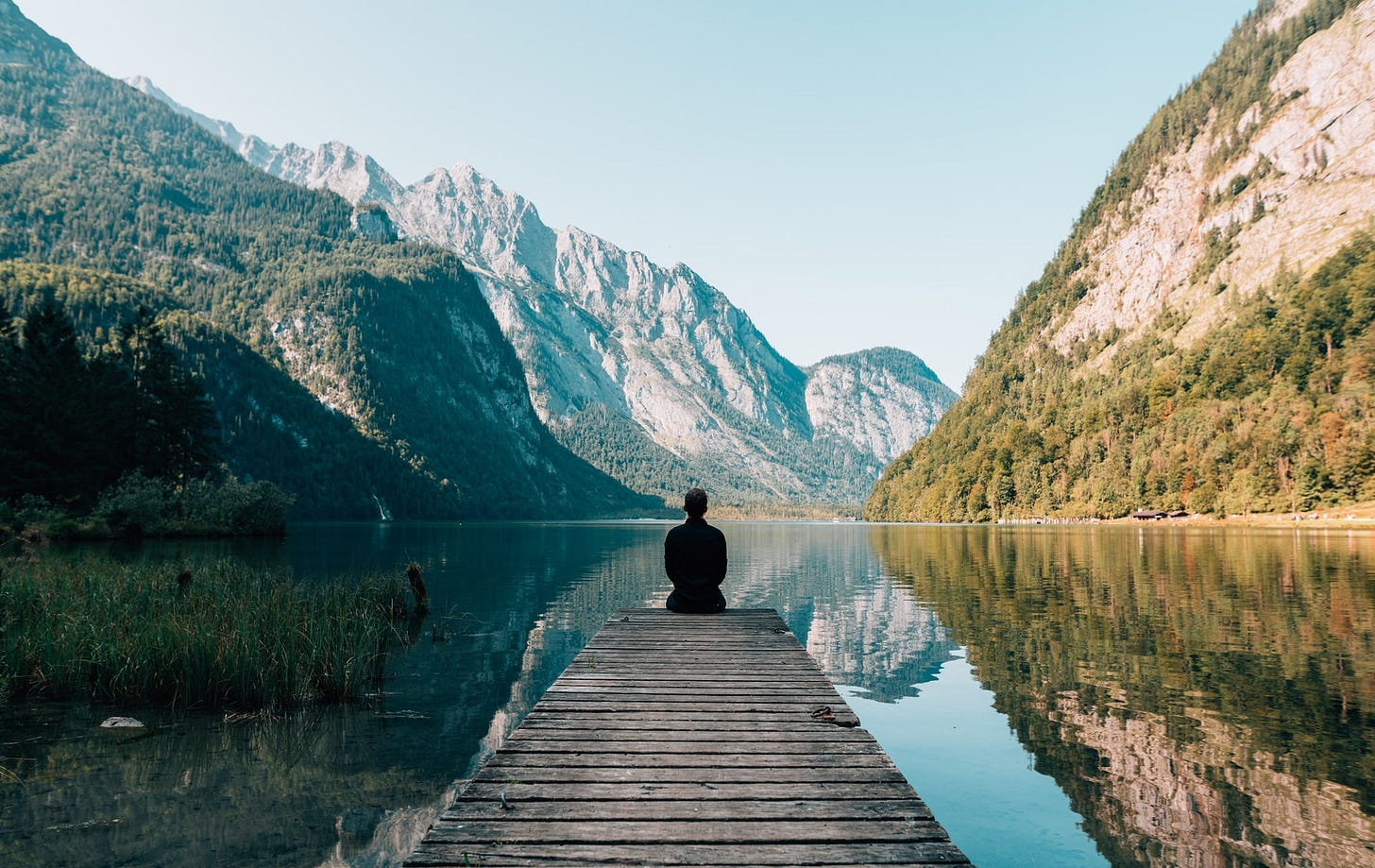To have faith is to trust yourself to the water. When you swim you don't grab hold of the water, because if you do you will sink and drown. Instead you relax, and float.
- Alan Watts
When I started out as a writer, I didn't know if I was a plotter or a pantser.
After watching and reading a good share of videos and blogs, I saw that everyone favoured plotting. So that is what I did. And failed miserably.
I found it very overwhelming to know every plot point, character, and scene. I had to plan them out, outline the draft, and then write it. Whenever I tried to do this, a voice inside me would say, " How am I supposed to know how this character will react twenty chapters from now? That was a valid question, I thought to myself.
No matter what I tried, I couldn't plot my novel. And that made me think that there's something wrong with me. I didn't realise that it wasn't me but my method that was wrong.
It doesn't matter if you are a plotter or a pantser. At some point in your writing journey, you have to give the reins of your book to your book. You need to have faith in your words and let them flow.
Ever since I started doing that, I am enjoying myself in the craft more. I enjoy seeing where my words take me. And they always take me to a wonderful place.
Surrendering myself to the flow of words made me learn three lessons -
This is not going to waste.
You may not be able to see it at that moment, but having faith in your words always leads to a learning experience. Whether you end up with a viral post or a post that hears crickets, every single word you write is helping you write the next word.
Everything happens for a reason.
I usually have a few bullet points when I start writing an essay or a scene in my short story or novel. But they are not set in stone.
When I am engaged in the process of writing, I keep the bullets in front of me. But if I go in a different direction, I let myself explore it. There is no harm in that. This is one of the blessings of writing on a computer. You can always go back and change things if you want to.
When you end up writing something completely different from what you had intended, that's what wanted to come out of you.
Eventually, the dots will connect.
Sometimes our logical brain and conscious mind don't know what it doesn't know. But our artist brain and subconscious mind do.
When I started writing this Art for Art's Sake series, I had no idea I would write 17 parts to it. It all just organically came to me. I just started with topics like your job is to create, start where you are and start small, which snowballed into something much more and deeper.
And now, as I write one of those 17 parts and post them every week, I realise that these are some pieces of advice I need to prosper in my writing journey. This is, in a way, my writer's mental toolkit.
Having faith in your words is not only about the words. It is also about having faith in yourself. It is about having faith that whatever you write is totally worth it, no matter the outcome.
More in the Art For Art’s Sake Series -
Your Job As A Writer Is To Write
To Build Your Writing Career, Start Small.
What Does It Mean To “Trust The Process?”
Consistency Will Help You Make A Breakthrough
You Must Stay Persistent With Your Creative Journey
Deliberate Practice Is The Key To Master The Craft Of Writing
Go Low, Slow And Steady. And You’ll Reach Your Writing Milestones Quicker.
Treat Your Art As An Experiment
If You Are Not Having Fun While Creating, You’re Doing It Wrong
Contrary To Popular Belief, Write For Yourself First
Comparison And Competition Will Hurt Your Writing
Rest Is Your Answer To A Productive Writing Session
Let Curiosity Lead Your Writing - And 2 Ways Of Doing It
You Need To Have Faith And Let Your Words Flow
Always Move On To Your Next Writing Project
Once You Choose To Become A Writer, You Are One For Life.
You Already Are A Writer. You Just Have To Identify As One To Yourself.







